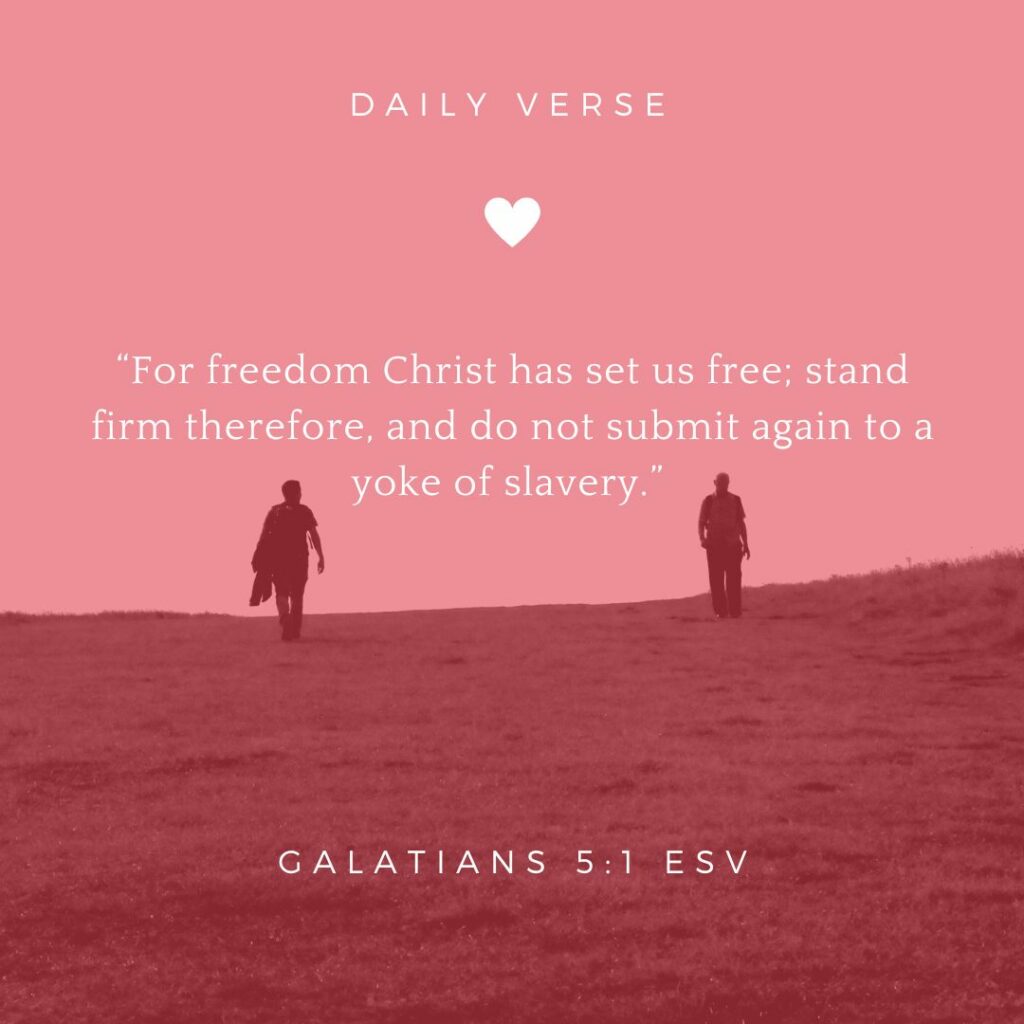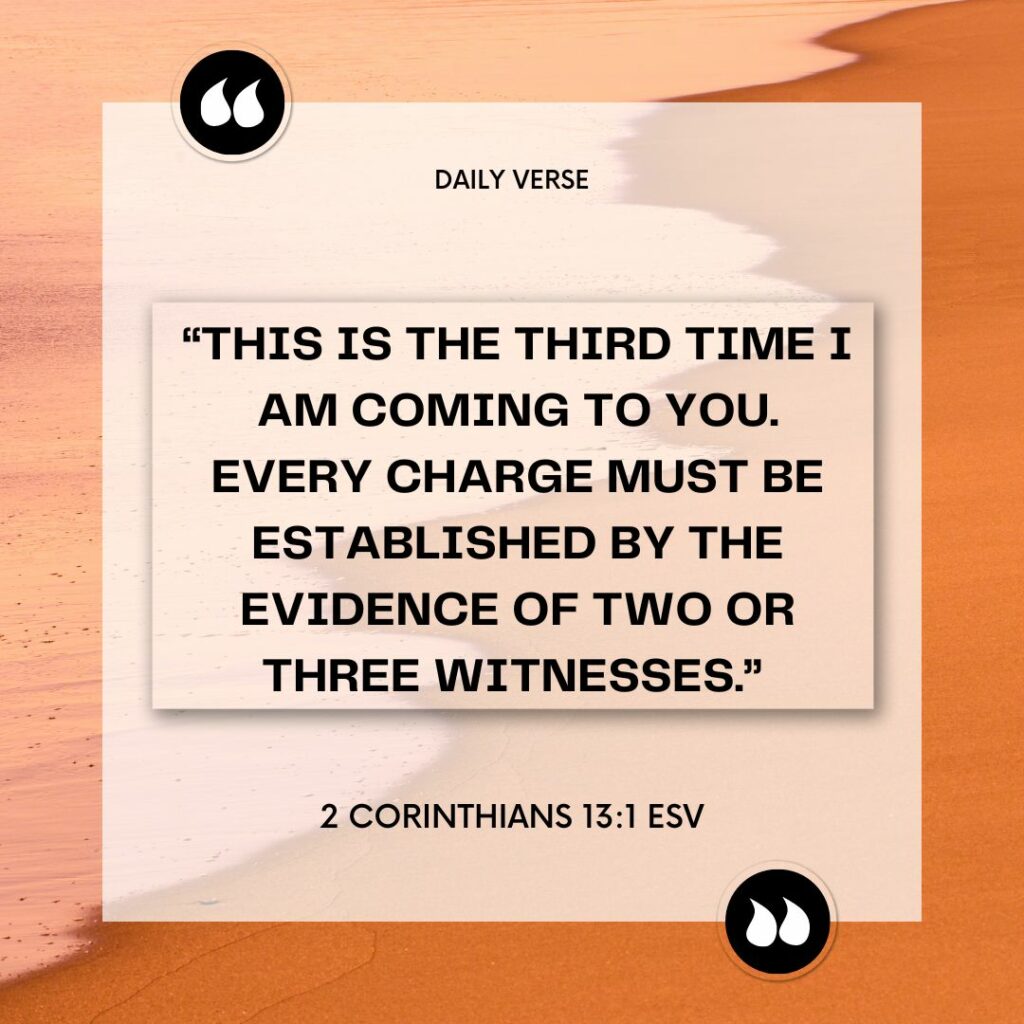2 minute read.

Daily Reading: Isaiah 33:10-36:22 ESV, Galatians 5:13-26 ESV, Psalm 64:1-10 ESV, Proverbs 23:23 ESV
Daily Verse: “For the whole law is fulfilled in one word: “You shall love your neighbor as yourself.” (Galatians 5:14 ESV)
PLEROO (4137): “To make replete, i.e., to cram (a net), level up (a hollow), or to furnish (or imbue, diffuse, influence), satisfy, execute (an office), finish (a period or task), verify (or coincide with a prediction), Signifies “to fill.”[1]
Level up.
Love fulfills the law, four letters that will change your life and the world. When God sent Jesus, the act demonstrated unconditional love to a fallen world. In need of redemption, God provided the way. The Lord’s love levels up our life and equips us to care for others.
Try loving unconditionally today and see how it changes your life. When you get cut off in traffic, remind yourself, God loves them too. The person you disagree with completely, the one who doesn’t value the things God does, Jesus still died for them. God doesn’t exclude anyone from His love, no exceptions.
Love tank.
When I think of my Aunt Margie, love comes to mind. Voluptuous, when she folded you into her arms, her love overflowed into me and filled my love tank. I now know, the love she gave me came from the Lord. So filled with His love, Aunt Margie’s overflow of affection impacted everyone she met. Indeed, she loved her neighbor as herself.
Selfishness comes with human nature; we all share it. God, understanding we always think of ourselves first, wants us to love others as we would love ourselves. Mothers love others best because they have children. Wanting the best for their child, they deny themselves to give their kids more.
God loves us as His children, co-heirs with Christ. He wants us to love others for Him, God in the flesh. Succeeding in the mission means living by a simple rule: God first, others second, myself last.
Let God fill your love tank by spending time with Him. A straightforward way to connect with God in prayer takes only a few minutes. Sit quietly, palms down, holding your hands out in front of you. Let go of everything weighing you down; imagine them flowing from your downturned palms.
Now, turn your palms upward towards heaven. Ask God to fill you with His grace and mercy. Imagine your love tank overflowing as God pours into you.
Now, go share your gift with others. Fill their love tanks as you see people through Jesus’s eyes. Everyone has pain; everyone needs mercy. Lead with grace, love your neighbor as yourself, and change the world one act of kindness at a time.
[1] Strong, J., & Strong, J. (2010). The New Strong’s expanded exhaustive concordance of the Bible. Greek Dictionary of the New Testament (p.204) Thomas Nelson










